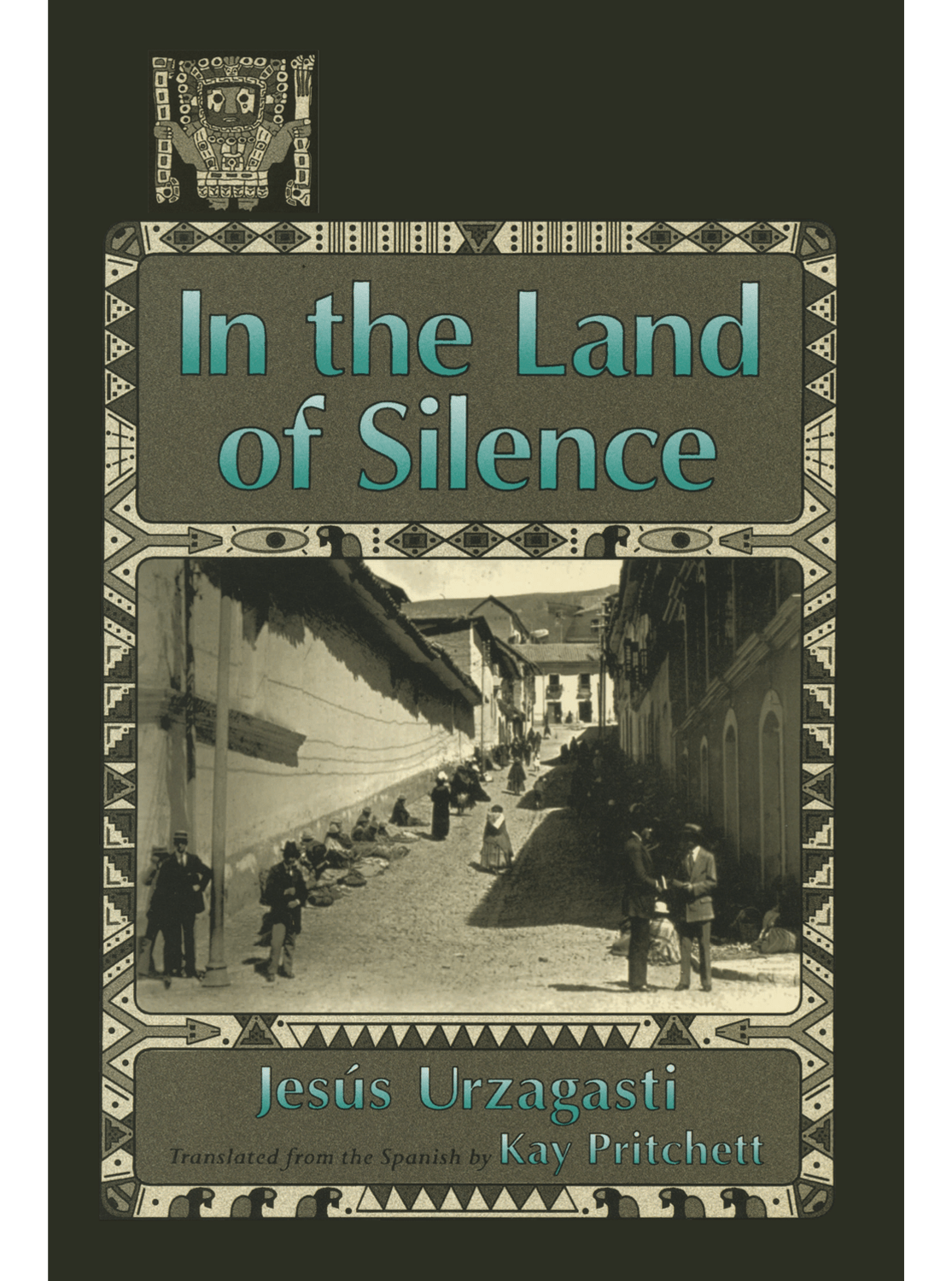This masterful translation of a recent Bolivian novel, En el pais del silencio, transports us to a mysterious, silent, and unfamiliar land where astonishing truths are placed within our grasp.
Like a parabola, this amazing story begins and ends in the same place on the same day in the life of a single persona with three interior entities: Jursafú, The Other, and The Dead Man. By portraying them as separate, Urzagasti accentuates their interrelatedness, for one character cannot grow without the others, nor can any one of them move toward an ultimate goal without the experience and knowledge of the other two.
The author’s mature and thoroughly Bolivian style is marked by a synthesis of poetic and novelistic techniques which blend perfectly the indigenous and European voices of his ancestral home.
Jesús Urzagasti was born in 1941 in the Gran Chaco Province of Bolivia. He has published the following books: Tirinea and En el país del silencio (novels), Yerubia (poetry), Cuaderno de Lilino (poetic prose), and De la ventana al parque (novelette), some of which have been translated into Portuguese, English, and German. He is currently the editor of Presencia Literaria.
“There are those who say that the ‘boom’ in the Latin American novel is over and that we are left with imitators. This is not so. What we have, rather, are continuers and Jesús Urzagasti of Bolivia is in their front rank. In the Land of Silence makes me feel that this is what Julio Cortázar might be up to were he still with us. His notion of the paredros, the double, is here in triplicate, albeit in an environment that Urzagasti is privy to. Latin America is a multifaceted culture and here we have it reflected in one character as he is shown in three heteronyms, much in the manner of Fernando Pessoa. This is one of the best novels to have come out of Latin America in many a moon, and Kay Pritchett’s impeccable translation carries its glow in all its brilliance over into English.”
—Gregory Rabassa

